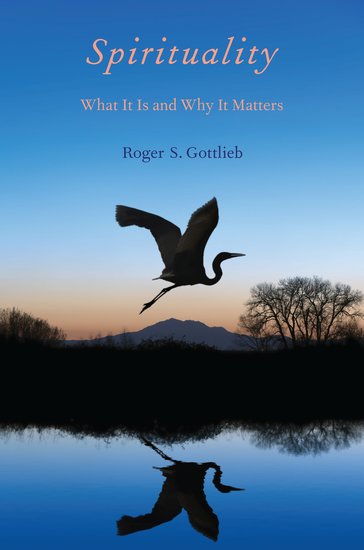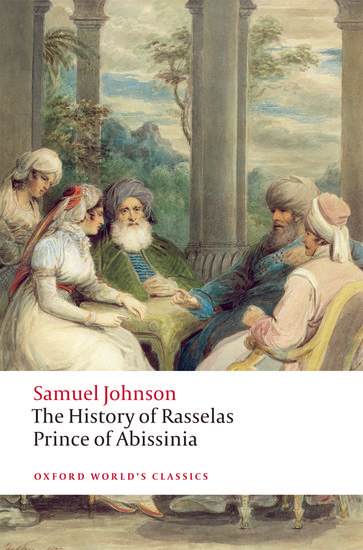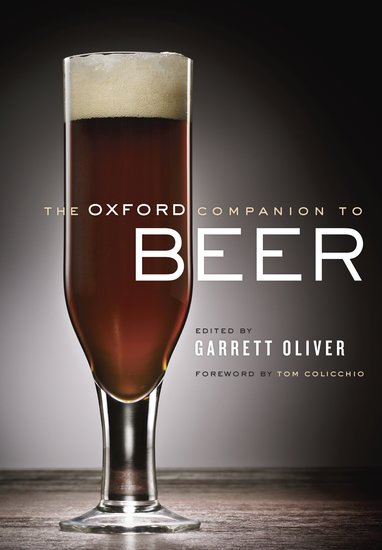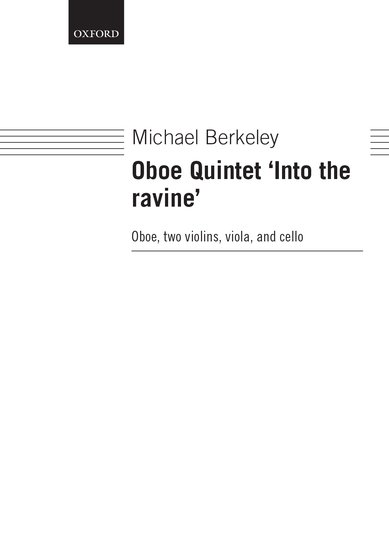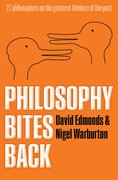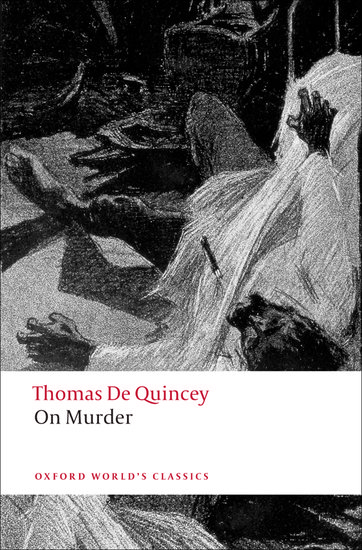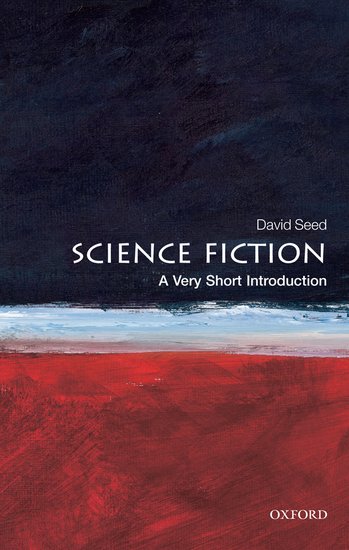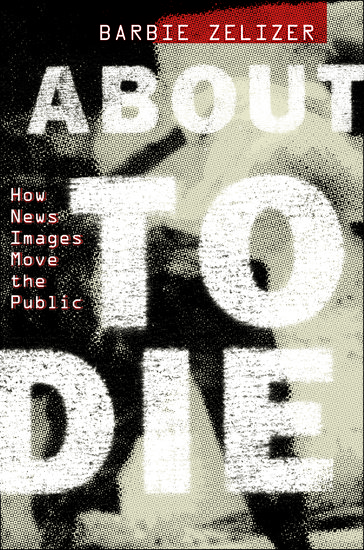The life of J.R.R. Tolkien
Published in 1937 The Hobbit was Tolkien’s first published work of fiction, though he had been writing on legends since at least 1915. His creation — a mythological race of ‘hobbits’, in which Bilbo Baggins takes the lead — had originally been intended for children. But from the outset Tolkien’s saga also proved popular with adults, perhaps appreciative of the hobbits’ curiously English blend of resourcefulness and respectability.


